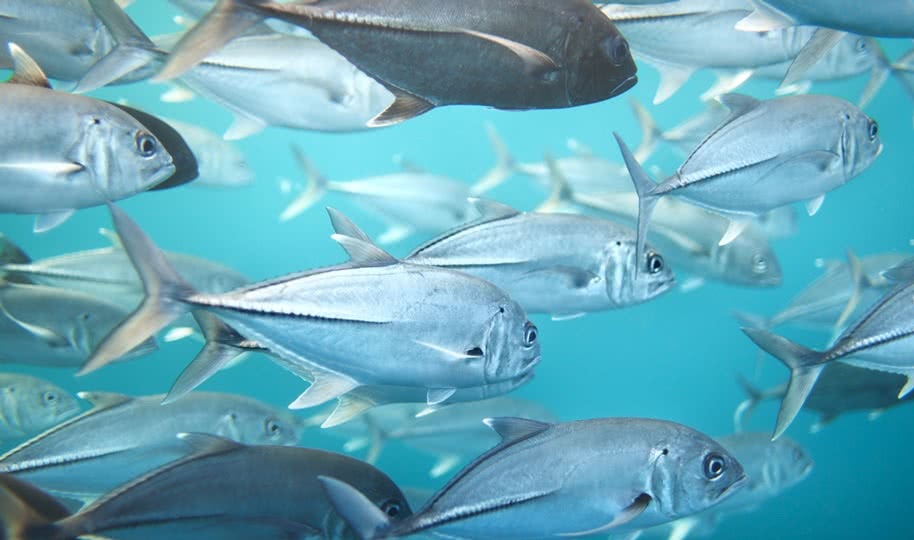Know your essentials
When you’re digesting food and its many components, fatty and otherwise, there are two types of unsaturated fatty acids – known as omega fatty acids – that you should be getting:
- Alpha-linolenic acid, the precursor of the Omega-3 fatty acid category1
- Linoleic acid, the precursor of the Omega-6 fatty acid category1
The human body is quite inefficient when it comes to fats and fatty acids, and when it comes down to these two essential fatty acids we just can’t make or store them for very long. So that’s why it’s essential that we get these essential fatty acids from our diet!
Fish is the main source for Omega-3
Where you get your Omega-3 fatty acids matter. “Fatty” fish will give you the highest amounts of Omega-3. To learn more about which fish sources measure up, read our article:
Omega-3: Does the type of fish matter?
Best fish sources for Omega-3*1,2
-
Salmon
-
Mackerel
-
Sardines
-
Anchovies
*Note that different cooking methods can affect how much Omega-3 you get from your food.
Alternate sources of Omega-3
-
Chia seeds, walnuts, linseeds
-
Edamame
-
Kidney beans and black beans
-
Pumpkins
Where to find Omega-61,2
A well-planned diet can provide the Omega-3 and Omega-6 fatty acids that you need. But
if you’re not getting these essentials regularly through your diet, supplements can be helpful.
References
- Healthline. Omega-3-6-9 fatty acids: a complete overview. Available at: https://www.healthline.com/nutrition/omega-3-6-9-overview#section4 Accessed August 2018.
- Physicians Committee. Essential fatty aciods. Available at: https://www.pcrm.org/health/health-topics/essential-fatty-acids Accessed August 2018.
- Flaskerud K, et al. Food Sci Nutr. 2017;5(6):1195-1204.


![]()